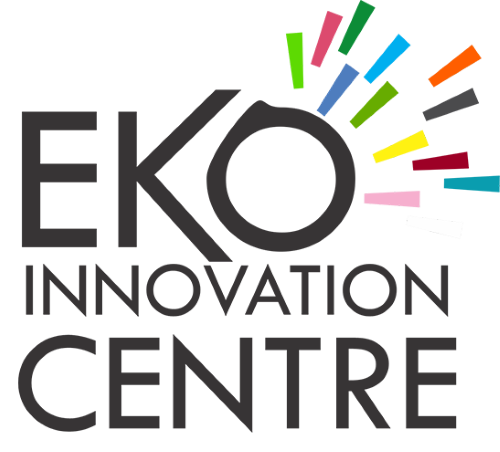Even tech-driven startups must get legal foundations right early on. Key steps include choosing the proper business structure (LLC, corporation, etc.) and securing intellectual property (IP). Forming the right entity “protects the company and its founders” by legally separating personal assets from business liabilities. For instance, incorporating sets up bylaws and registers a business ID (EIN) – akin to a ship’s registration – that allows you to open bank accounts and attract investors. Compliance is vital: obtain any required licenses, and follow securities rules if issuing stock. Having a lawyer is like having an “experienced navigator” to guide these processes taxfyle.com.
IP protection should be treated as business insurance. Your startup’s name, logo, software code and inventions are valuable treasure that competitors could steal if unprotected. Take concrete steps:
Trademarks: Register your startup’s name and logo. A strong trademark helps build brand identity and loyalty (Intellectual Property Landscape). Use it consistently across products and marketing – over time a trademark becomes a valuable asset dlapiper.com.
Patents: If you have a novel invention, file patents to gain exclusive rights. Patents grant a legal monopoly (typically 20 years) on using your invention (Intellectual Property Landscape). Plan carefully (document ideas, do novelty searches, work with a patent attorney).
Copyrights and trade secrets: Copyright your software code, documentation, or creative work automatically by having clear ownership. Keep proprietary algorithms or designs as trade secrets if patents are unsuitable.
Employee agreements: Use non-disclosure agreements and IP assignment clauses so that any work by contractors or hires belongs to the company. This avoids future disputes over who owns the code or designs.
Founders should not neglect contracts either. Get a simple founder’s agreement or shareholder agreement in writing, and standard client/service contracts, to prevent conflicts. Eko Innovation Centre’s business consultations can connect you with affordable legal advisors for startups. In sum, strong legal groundwork – the right entity, clear contracts, and protected IP – provides a solid platform for growth without scary legal surprises.
Conclusion: Invest time in legal basics to avoid headaches later. Register your business properly and seek professional advice – a good lawyer is like a navigator on your journey. Protect your startup’s creations through trademarks and patents so you can leverage them for competitive advantage. Eko Innovation Centre’s advisory services and network of mentors often include legal experts who can guide you. By building legal and IP safeguards now, your startup will be better positioned for investment and long-term success.
